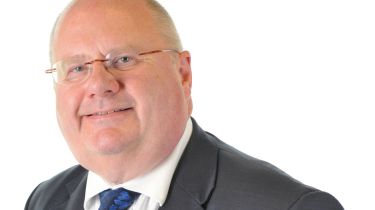CCTV used to fine parked cars to be banned
Government aims to stop councils using cameras to catch drivers in illegally parked cars

Plans are afoot to ban councils from using cameras to fine parked cars by Easter.
Currently, 75 councils have permission to use CCTV cameras and spy cars to enforce parking restrictions. But Communities Secretary Eric Pickles wants that to stop. “It’s time to rein in over-zealous and unfair rules on parking enforcement, so it focuses on supporting high streets and motorists, not raising money.”
Across the UK, static and car-mounted cameras have been used to issue more than £301m-worth of fines over the past five years. It has been suggested that a third of all parking fines are now issued using these methods, rather than traffic wardens.
A Conservative Party briefing says using CCTV for parking enforcement "is detrimental to natural justice", as penalty notices are received in the post "with no opportunity for the driver to examine the parking location as it was at the time of the alleged contravention".
Tony Ball, of the Local Government Association, which represents councils, said parking controls were "not about revenue raising" but were "absolutely essential" for allowing people to leave their cars near shops or their homes.
The AA has already praised the measures, suggesting that parking policies have become designed to make profit rather than improve roads lately. "What really irritates drivers is the street-level hostility they feel is being waged against them," said AA president Edmund King. "Drivers feel that civil enforcement officers are lurking in every street and are not there to deter them but to issue a ticket as soon as the driver's back is turned."
The proposal is just one in a number of schemes to improve the lives of motorists. The Conservatives also want to publish open data on publishing, stop “unacceptable and aggressive parking fine collection practices” and review “unnecessary” yellow lines.
A recent study by the Audit Commission revealed that one in three councils was earning more money through parking charges and school meals than in council tax revenue.


